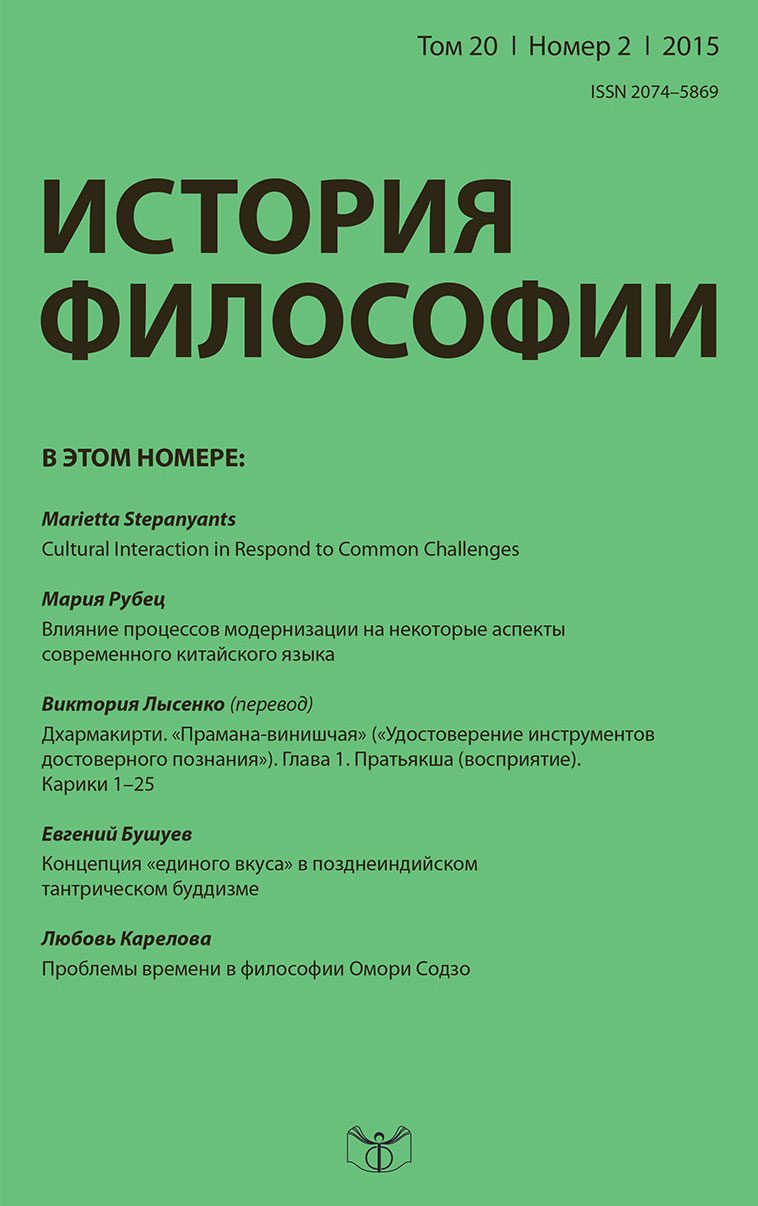‘Vijñānabhairava-tantra’ 1–23 with ‘Uddyota’by Kṣemarāja. Translation from Sanskrit. Analysis. Commentaries
Keywords:
Vijñānabhairava-tantra, Uddyota, Kṣemarāja, Kashmir Shaivism, religious and philosophical doctrines of India, Vijñānabhairava-tantra, Uddyota, Kṣemarāja, Kashmir Shaivism, religious and philosophical doctrines of IndiaAbstract
The paper presents the translation of the extant part of the ancient ‘Uddyota’ commentary by
Kṣemarāja on the renowned ‘Vijñānabhairava-tantra’. It encompasses the initial śloka-s of VBT
(1–23). This extant part of Kṣemarāja’s commentary, both profound in its content and intricate in
exposition, could be in a certain sense viewed as a separate text – a sort of prolegomena to the
tantra itself. His ‘Uddyota’ Kṣemarāja uses the philosophical apparatus of the doctrinal side of the
monistic Śaiva tradition of Kashmir developed by his famous predecessors and reveals the mystery
of generation of the sacred tantra text from the very source of any text – the interplay of the two sides
of Universal Consciousness – light of consciousness (prakāśa) and Its Self-awareness (vimarśa).
This interaction is depicted in the tantra by the dialog of Śiva-Bhairava and his divine spouse DevīBhairavī. In his exegesis of the text Kṣemarāja draws on many important texts of the tradition:
Svacchanda-tantra, Tantrāloka, Parātrīśikāvivaraṇa etc.

